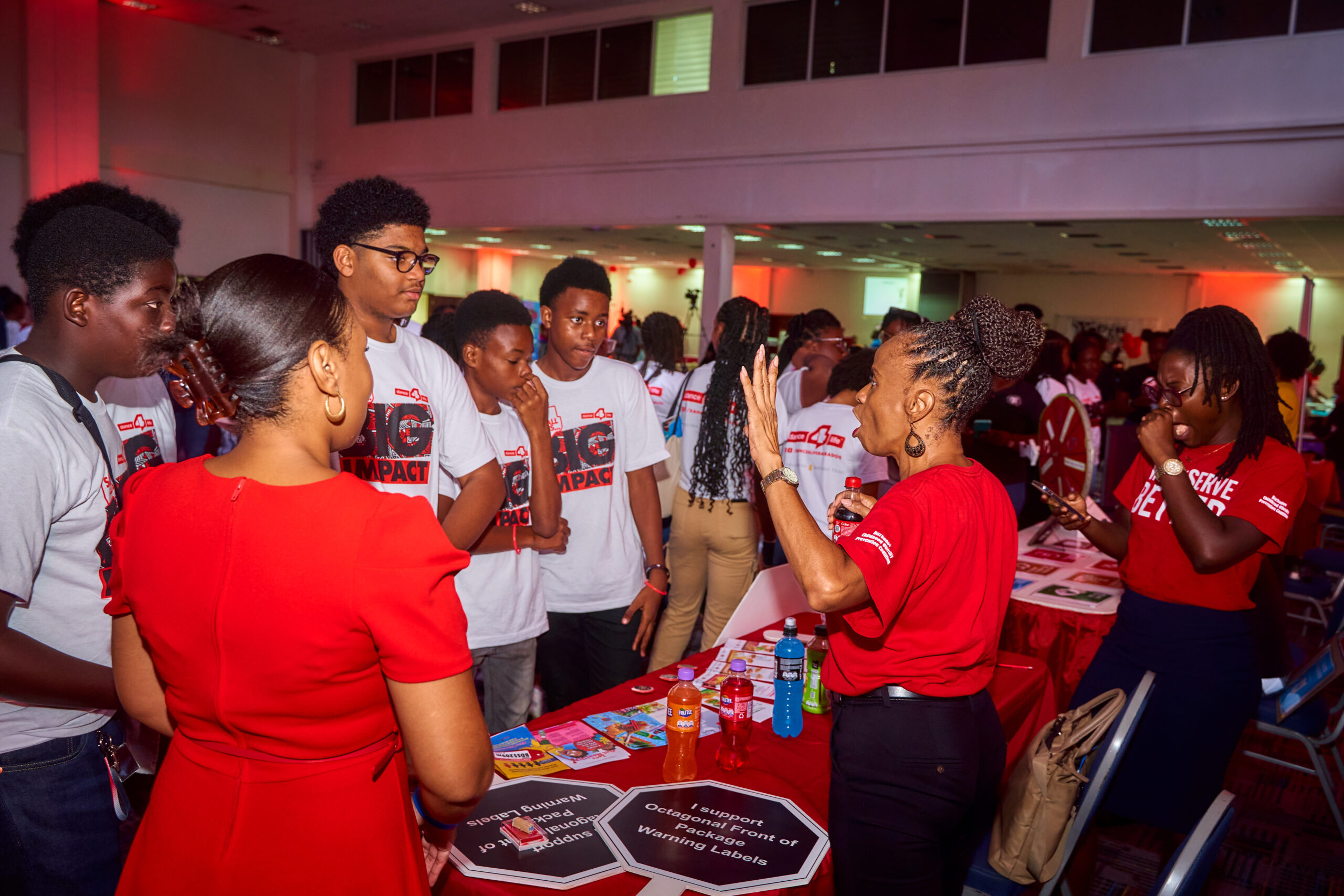Dance4life Urges Increased Focus on Youth Mental Health Amidst Social Media Challenges

April 4, 2024
"Dance4life is a non-profit organization advocating for mental health awareness among youth through engaging dance programs, aiming to address high-risk behaviors and empower students to navigate challenges posed by social media."
An organisation that uses dance to reach young people has called for more attention to be paid to mental health issues and the difficulties that today’s youth face, especially those brought on by the increased use of social media.
Leila Raphael, co-director of Dance4life, made the call during its 15th-year anniversary celebrations, held in partnership with several non-governmental organisations at the Lloyd Erskine Sandiford Centre on Wednesday.
Dance4life, which annually hosts programmes for up to 3 900 students in secondary schools, aims to delay sexual initiation, reduce STIs among young people, reduce unintended pregnancies, reduce sexual violence, and focus on the factors that contribute to high-risk behaviours.
Raphael noted that while Dance4life has had successes in engaging young people in important conversations about these issues over the years, there has been a noticeable focus on mental health problems for students in recent years, which she believes must be addressed.
“We have a national youth council, and every year we have a different youth council that is made up of young people from different schools, and they really help to inform the programme to make sure that topics that we are focusing on are relevant, that it is cool, [and] that it is youth friendly. Over the years they have really heightened our awareness [of] the importance of mental health.
“I think a lot of young people are struggling a lot with mental health; more recently they have made us more aware of the importance of focusing more on social media and how that impacts mental health and people’s behaviours,” Raphael said.
She added: “We have many students that would say they spend eight, nine, ten hours a day on social media, and not just their devices. You have to think, how that impacts their mental health, what have they been exposed to? [We] are trying to mitigate that by having open conversations with them.”
During the course of the day, approximately 1 800 students from Dance4life’s partner schools attended the event, which was seen as a celebration of the year-round programme conducted in secondary schools.
The director also noted that though a lot of its interventions have been ably supported by the Maria Holder Memorial Trust in partnership with the Ministry of Education, there still remain several myths surrounding sexual reproductive health that need to be addressed with a more comprehensive strategy.
“We find so often that there are so many myths they have about sexual reproductive health, they don’t feel comfortable necessarily talking to parents or to teachers. They might get information from their friends [or] siblings, and that information very often is not correct. So we spend a lot of time dunking myths and making sure they have the correct information.” (SB)


